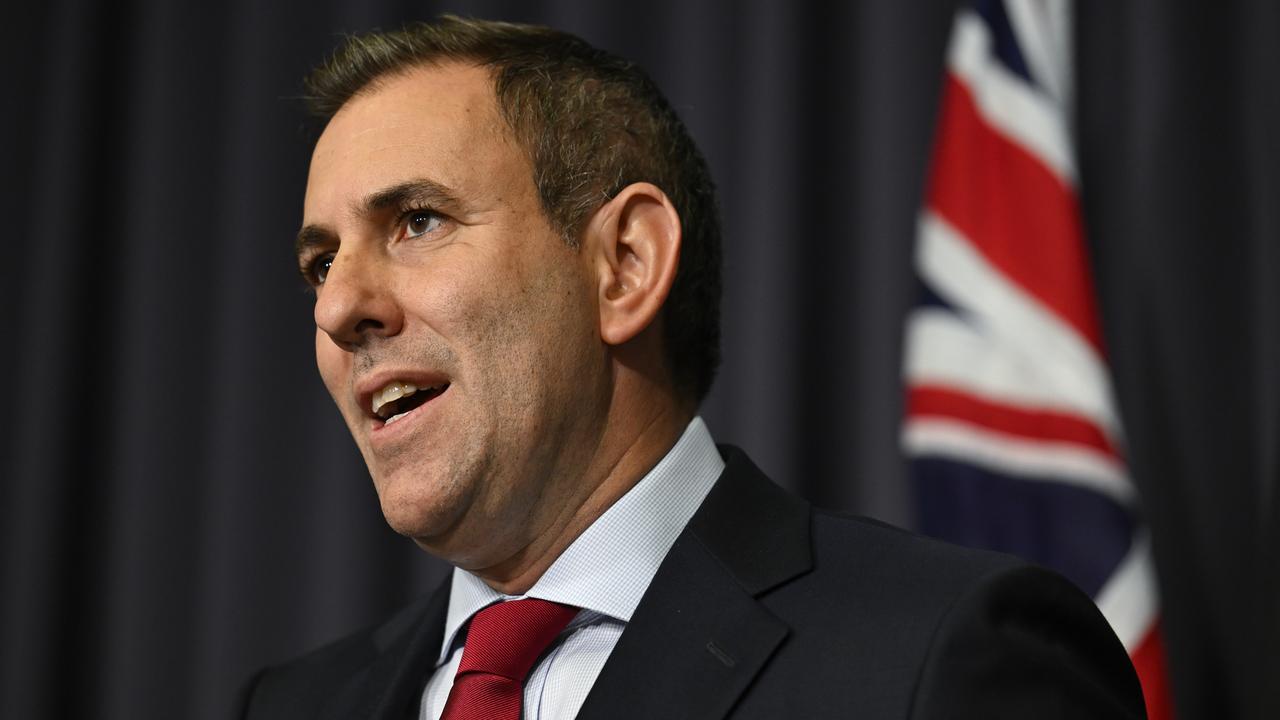Indoor Skydive admits breach of debt covenants due to sale delay
A delay in the sale of Indoor Skydive Australia’s Perth facility has led to it breaching its repayment obligations with Westpac.

A delay in the sale of Indoor Skydive Australia’s Perth facility has led to it breaching its repayment obligations with its bank Westpac, the tourism company says.
The deadline for completing the sale of the facility to SkyVenture has been extended to January 24 due to an “outstanding condition” that was yet to be met, the company said.
The ASX-listed leisure operator said it was in discussions with Westpac to remedy the breaches and arrange for revised terms and covenants moving forward.
Indoor Skydive announced the sale of iFLY Perth in June 2019, telling shareholders it had agreed to sell the facility to SkyVenture, which manufactures vertical wind tunnel equipment. In return, SkyVenture would write off the skydive operator’s outstanding debt and royalty payments and pay Indoor Skydive $500,000. The sale was originally expected to be completed within weeks.
The sale of the facility came after a protracted legal dispute between Indoor Skydive and SkyVenture over legacy licence agreements between the two. The dispute was settled in late 2018 with Indoor Skydive paying SkyVenture close to $4m and agreeing to cease any activities as a franchisor or licensor of wind tunnel technology to third parties. It would instead return to its original role as an owner-operator of the iFLY-branded wind tunnels.
At the time, SkyVenture agreed to provide a loan to Indoor Skydive so it could fund the $3.8m settlement payment.
Aside from iFly Perth, Indoor Skydive owns and operates iFLY Downunder in Penrith in Sydney’s west and iFLY Gold Coast. It also manages an indoor skydiving operation in Malaysia and launched a virtual reality business, FREAK Entertainment, in December.
Founded by Wayne Jones and Daniel Hogan close to 10 years ago, Indoor Skydive debuted on the Australian Securities Exchange in January 2013 at 16c a share. Within months its price had more than doubled and the shares hit an all-time high of 76c in 2014. From there it began tracking downward and currently trades at about 1c per share.



To join the conversation, please log in. Don't have an account? Register
Join the conversation, you are commenting as Logout